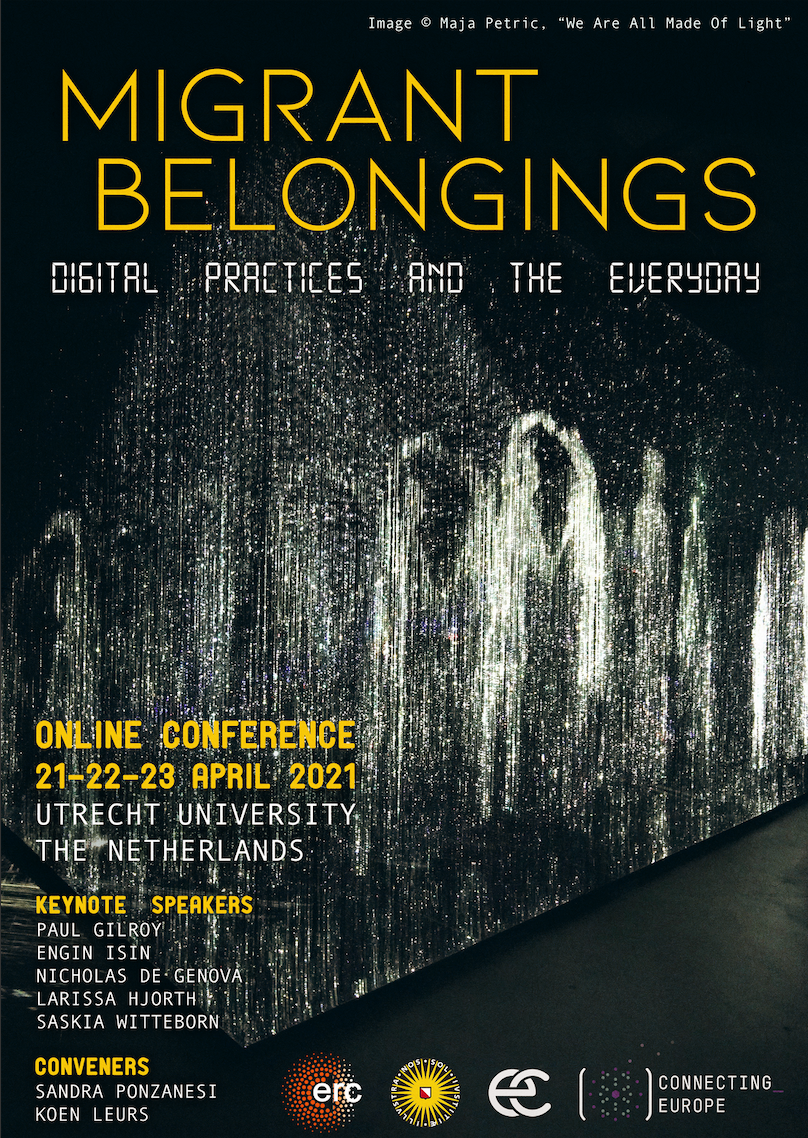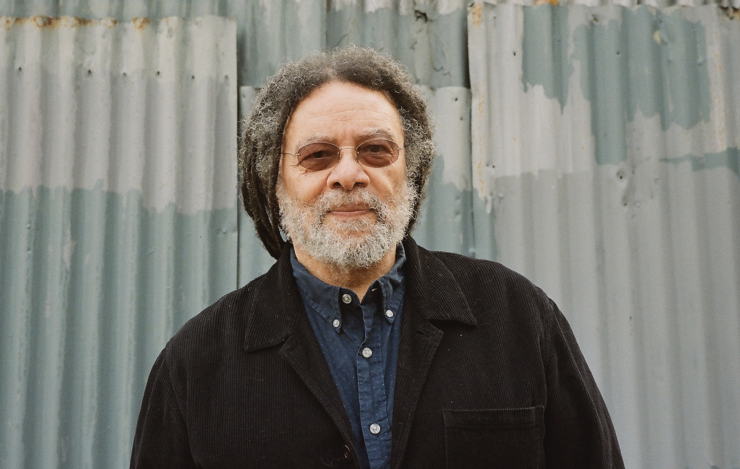Paul Gilroy
Titel of Keynote: “Do The Wogs Still Begin at Calais?”
Biography
Paul Gilroy is Professor of the Humanities at University College London and Founding Director of the Sarah Parker Remond Centre for the Study of Racism & Racialisation. He is one of the foremost theorists of race and racism working and teaching in the world today. Author of foundational and highly influential books such as There Ain’t No Black in the Union Jack (1987), The Black Atlantic: Modernity and Double Consciousness (1993), Against Race (2000), Postcolonial Melancholia (2005) and Darker Than Blue (2010) alongside numerous key articles, essays and critical interventions, Gilroy’s is a unique voice that speaks to the centrality and tenacity of racialized thought and representational practices in the modern world. He has transformed thinking across disciplines, from Ethnic Studies, British and American Literature, African American Studies, Black British Studies, Trans-Atlantic History and Critical Race Theory to Post-Colonial theory. He has contributed to and shaped thinking on Afro-Modernity, aesthetic practices, diasporic poetics and practices, sound and image worlds. Read more.



